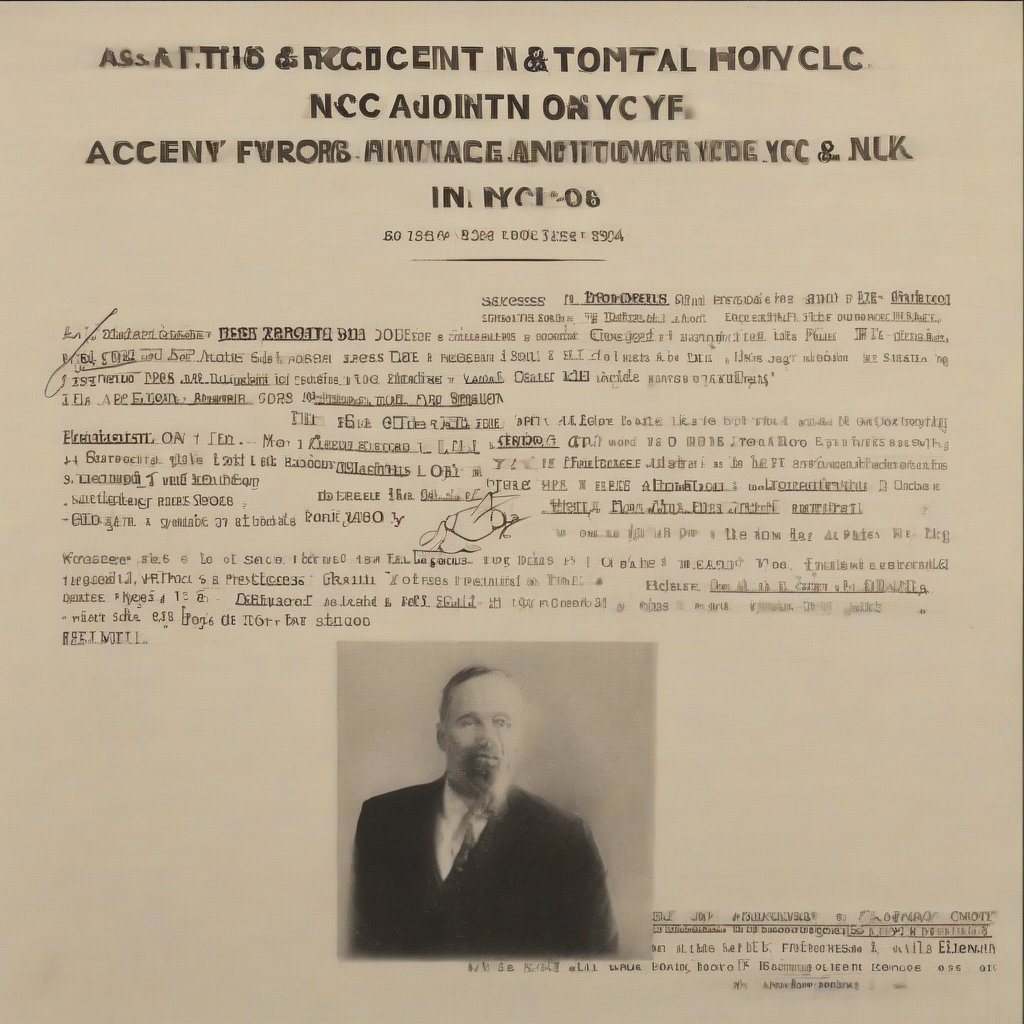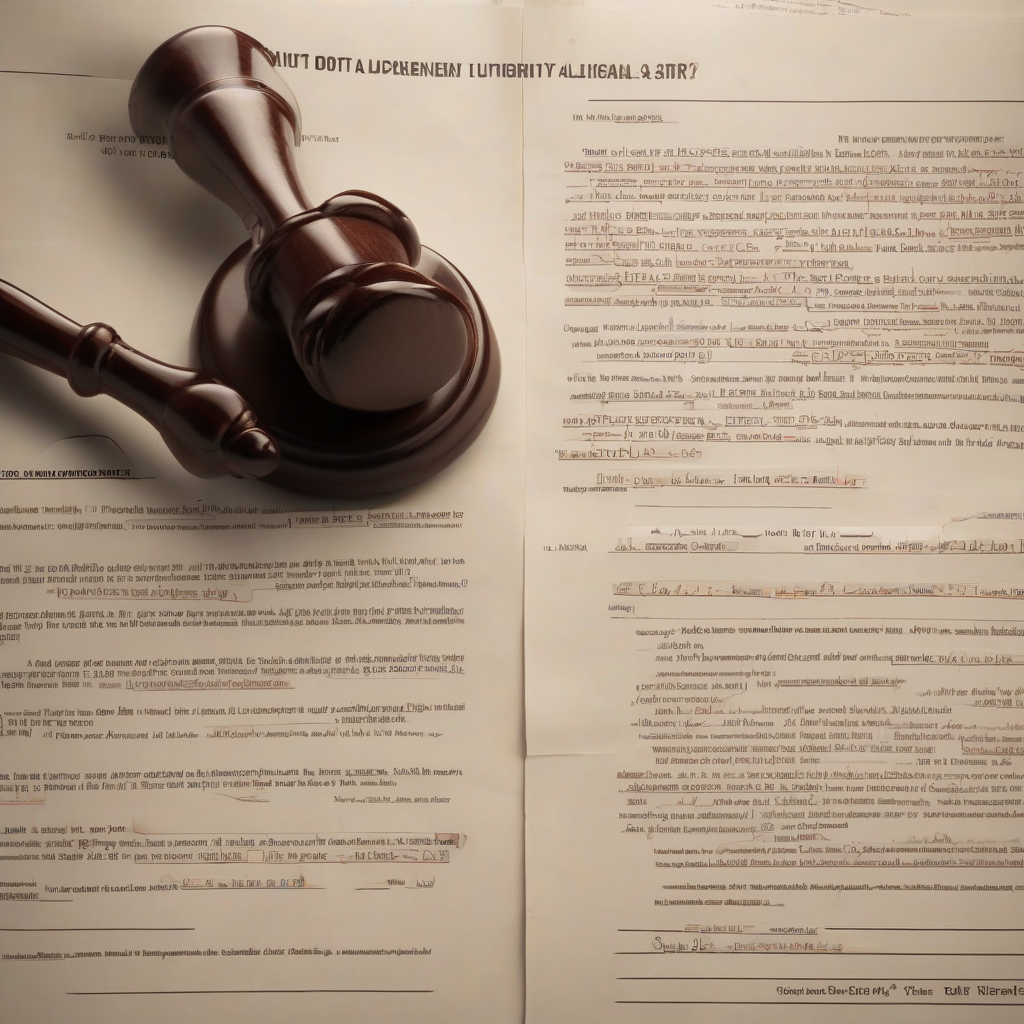Fort Lauderdale Personal Injury Attorney: Your Guide to Navigating Injury Claims
Facing a personal injury in Fort Lauderdale can be an overwhelming experience. Medical bills pile up, lost wages mount, and the pain and suffering can be debilitating. Navigating the legal complexities alone is daunting, which is where a skilled Fort Lauderdale personal injury attorney becomes invaluable. This comprehensive guide will delve into the crucial aspects of personal injury law in Fort Lauderdale, highlighting the vital role of a qualified attorney and providing insights into the claims process.
Understanding Personal Injury Law in Florida
Florida, like other states, follows specific laws governing personal injury claims. These laws define negligence, the burden of proof, and the types of damages recoverable. Understanding these nuances is crucial for building a strong case. Key elements include:
- Negligence: To win a personal injury case, you generally must prove the other party acted negligently – failing to exercise the reasonable care a prudent person would have under similar circumstances, resulting in your injuries.
- Duty of Care: The defendant owed you a legal duty of care. This means they had a responsibility to act in a way that wouldn’t harm you.
- Breach of Duty: The defendant breached their duty of care by acting negligently.
- Causation: The defendant’s negligence directly caused your injuries.
- Damages: You suffered actual damages as a result of the defendant’s negligence. These damages can include medical expenses, lost wages, pain and suffering, and more.
Types of Personal Injury Cases in Fort Lauderdale
Fort Lauderdale, a bustling city, sees a diverse range of personal injury cases. Some common types include:
- Car Accidents: Collisions involving automobiles, motorcycles, and pedestrians are frequent sources of injury claims.
- Truck Accidents: Accidents involving large commercial vehicles often result in severe injuries due to the size and weight disparity.
- Motorcycle Accidents: Motorcycle riders are particularly vulnerable in accidents, often sustaining catastrophic injuries.
- Pedestrian Accidents: Pedestrians struck by vehicles face serious injuries and require significant medical care.
- Bicycle Accidents: Similar to pedestrian accidents, bicycle accidents can lead to severe injuries.
- Slip and Fall Accidents: Injuries sustained on someone else’s property due to hazardous conditions.
- Premises Liability: Property owners have a duty to maintain safe premises; failure to do so can lead to liability for injuries sustained on their property.
- Medical Malpractice: Negligence by a medical professional resulting in patient injury.
- Product Liability: Injuries caused by defective products.
- Dog Bites: Injuries caused by dog attacks, often involving strict liability laws.
The Role of a Fort Lauderdale Personal Injury Attorney
A skilled Fort Lauderdale personal injury attorney plays a crucial role in maximizing your chances of a successful claim. Their expertise encompasses:
- Investigating the Accident: Thoroughly investigating the circumstances surrounding the accident, gathering evidence like police reports, witness statements, and medical records.
- Determining Liability: Identifying the responsible party and building a compelling case to prove their negligence.
- Negotiating with Insurance Companies: Insurance companies often try to minimize payouts; an attorney will negotiate aggressively on your behalf to secure a fair settlement.
- Filing a Lawsuit: If a settlement cannot be reached, the attorney will file a lawsuit and represent you in court.
- Preparing for Trial: Thorough preparation is crucial for a successful trial, including witness examination and evidence presentation.
- Protecting Your Rights: Ensuring your rights are protected throughout the legal process.
- Maximizing Your Compensation: Working to obtain the maximum compensation you deserve for your medical expenses, lost wages, pain and suffering, and other damages.
Steps to Take After a Personal Injury in Fort Lauderdale
Following a personal injury, immediate action is crucial. The steps you take in the aftermath significantly impact your claim:
- Seek Medical Attention: Prioritize your health and well-being. Obtain prompt medical treatment for your injuries and document all medical expenses.
- Contact the Police: Report the accident to the police, obtaining a copy of the police report.
- Gather Evidence: Collect any evidence at the scene, such as photos, videos, and witness contact information.
- Contact an Attorney: Consult with a qualified Fort Lauderdale personal injury attorney as soon as possible. They will guide you through the legal process and protect your interests.
- Avoid Admitting Fault: Refrain from admitting fault or apologizing for the accident to the other party or insurance adjusters.
- Do Not Sign Anything Without Legal Counsel: Never sign any documents related to the accident or settlement without first consulting with your attorney.
- Keep Detailed Records: Maintain meticulous records of all medical bills, lost wages, and other expenses related to the injury.
Choosing the Right Fort Lauderdale Personal Injury Attorney
Selecting the right attorney is paramount for a successful outcome. Consider these factors:
- Experience: Look for an attorney with extensive experience handling personal injury cases in Fort Lauderdale.
- Reputation: Research the attorney’s reputation and track record of success.
- Communication: Choose an attorney who communicates clearly and keeps you informed throughout the process.
- Fees: Understand the attorney’s fee structure, which is often contingent on the outcome of the case.
- Client Testimonials: Read reviews and testimonials from past clients to gain insights into their experiences.
- Specialization: Some attorneys specialize in specific areas of personal injury law, such as car accidents or medical malpractice. Consider whether a specialist is necessary for your case.
Understanding Compensation in Personal Injury Cases
Compensation in personal injury cases aims to make you whole again, covering various types of damages:
- Economic Damages: These are quantifiable financial losses, such as medical bills, lost wages, property damage, and rehabilitation costs.
- Non-Economic Damages: These are harder to quantify and include pain and suffering, emotional distress, loss of consortium (loss of companionship), and diminished quality of life.
- Punitive Damages: In cases involving gross negligence or intentional misconduct, punitive damages may be awarded to punish the defendant and deter similar actions in the future. These are less common but can significantly increase the overall compensation.
The Claims Process: A Step-by-Step Guide
The claims process typically follows these steps:
- Initial Consultation: Meet with a personal injury attorney to discuss your case and assess its merits.
- Investigation: The attorney will investigate the accident, gather evidence, and interview witnesses.
- Demand Letter: A formal letter outlining your damages and demanding compensation from the responsible party’s insurance company.
- Negotiations: The attorney will negotiate with the insurance company to reach a fair settlement.
- Filing a Lawsuit: If negotiations fail, the attorney will file a lawsuit.
- Discovery: Both sides exchange information and evidence through depositions, interrogatories, and requests for documents.
- Trial (if necessary): If a settlement cannot be reached, the case will proceed to trial.
- Judgment and Appeal (if applicable): Following a trial verdict, either party may appeal the decision to a higher court.
Statute of Limitations for Personal Injury Claims in Florida
It’s crucial to act quickly after a personal injury. Florida has a statute of limitations, a time limit within which you must file a lawsuit. Missing this deadline can permanently bar your claim. The specific time limit varies depending on the type of case, but generally, you have a limited time frame to take action. Consult with an attorney immediately to understand the applicable statute of limitations for your situation.
Conclusion (Omitted as per instructions)



